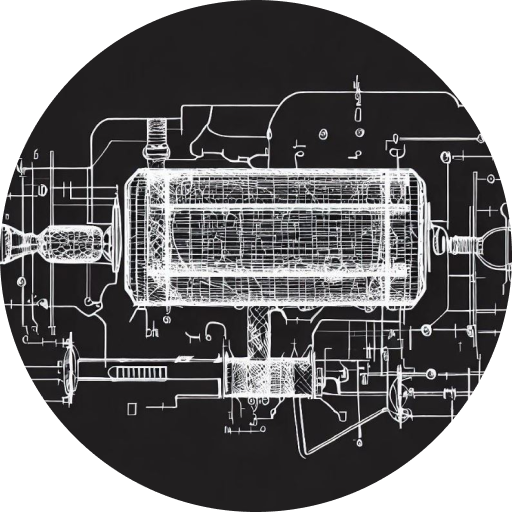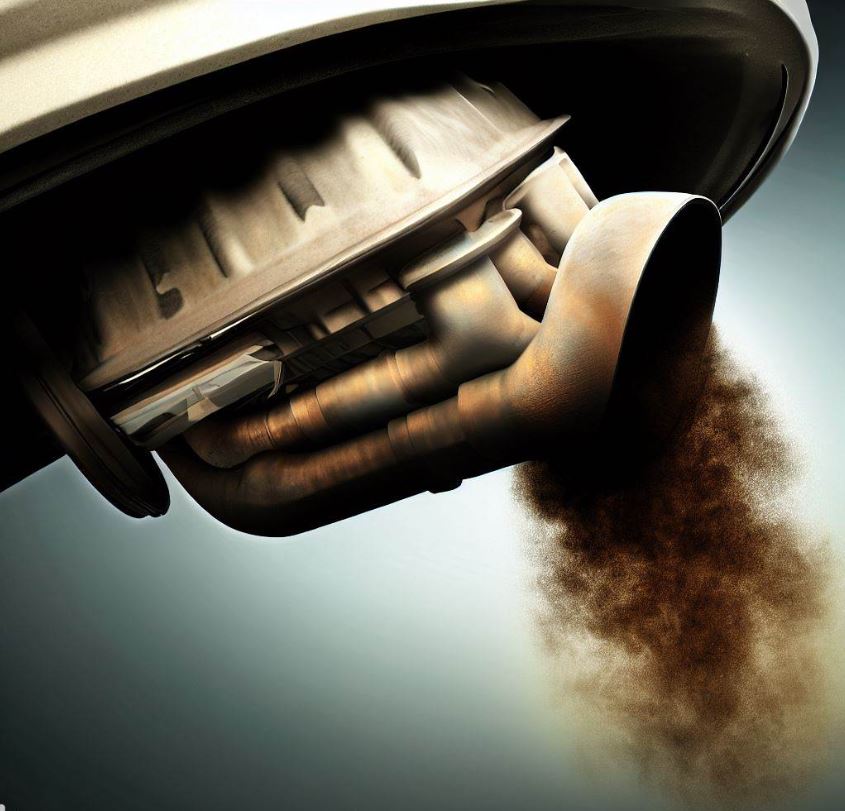Driving with a Bad Catalytic Converter: The Consequences
If you’ve been driving with a bad catalytic converter, it’s important to understand the potential consequences. The catalytic converter plays a crucial role in reducing harmful emissions from your vehicle’s exhaust gases. When the catalytic converter is not functioning properly, it can have several negative effects on your vehicle’s performance, emissions, and even legal compliance. In this article, we will explore the consequences of driving with a bad catalytic converter and why it is important to address this issue promptly.
Understanding the Catalytic Converter
Before we delve into the consequences, let’s briefly review the purpose of the catalytic converter. The catalytic converter is a component of your vehicle’s exhaust system that contains precious metals. Its primary function is to reduce harmful pollutants, such as carbon monoxide, nitrogen oxides, and hydrocarbons, into less harmful substances through a series of chemical reactions. This process helps to minimize the environmental impact of vehicle emissions.
Effects on Vehicle Performance
A bad or failing catalytic converter can have a significant impact on your vehicle’s performance. One common consequence is a decrease in engine power and acceleration. A clogged or damaged converter restricts the flow of exhaust gases, causing backpressure in the exhaust system. This can result in reduced engine efficiency and overall performance.
Additionally, a faulty catalytic converter can lead to poor fuel economy. The engine may struggle to burn fuel efficiently, resulting in decreased mileage and increased fuel consumption. If you notice a sudden decrease in your vehicle’s fuel efficiency, a bad catalytic converter could be one of the contributing factors.
Environmental and Legal Concerns
Driving with a bad catalytic converter also has environmental and legal implications. A malfunctioning converter may fail to adequately reduce emissions, leading to increased pollution. Your vehicle may emit higher levels of pollutants, contributing to air pollution and environmental damage. This not only harms the environment but can also result in legal consequences, as many jurisdictions have strict emissions regulations in place.
In some areas, driving with a faulty catalytic converter is illegal and can lead to fines or penalties. It’s essential to ensure that your vehicle meets emissions standards and regulations to avoid legal issues and contribute to a cleaner environment.
Additional Damage to Vehicle Components
A bad catalytic converter can potentially cause damage to other vehicle components. The backpressure created by a clogged or malfunctioning converter can put strain on the exhaust system, including the exhaust manifold and oxygen sensors. Over time, this increased stress can lead to premature wear and failure of these components, resulting in additional repair costs.
Recommended Actions and Solutions
If you suspect or know that your catalytic converter is bad, it is advisable to address the issue promptly. Here are some recommended actions:
Diagnose the Problem: Have your vehicle inspected by a qualified mechanic to confirm if the catalytic converter is indeed the cause of the issue.
Replace the Catalytic Converter: If the catalytic converter is diagnosed as faulty, it is recommended to have it replaced with a new or high-quality aftermarket unit.
Follow Local Regulations: Ensure that the replacement catalytic converter meets the legal requirements and emissions standards in your area.
Regular Maintenance: Take proper care of your vehicle by following the manufacturer’s recommended maintenance schedule. Regular inspections and servicing can help prevent catalytic converter problems and prolong its lifespan.
Proper Fuel and Oil Usage: Use the recommended fuel and engine oil for your vehicle to avoid potential issues that can affect the catalytic converter’s performance.
Conclusion
Driving with a bad catalytic converter can have significant consequences on your vehicle’s performance, emissions, and legal compliance. It is crucial to address any catalytic converter issues promptly to ensure optimal vehicle operation, protect the environment, and comply with regulations. If you suspect a problem with your catalytic converter, consult a qualified mechanic for diagnosis and appropriate solutions.
For more information on catalytic converters and related topics, we recommend reading the articles “What Happens When Your Catalytic Converter Goes Bad: The Impact on Your Vehicle” and “Driving with a Bad Catalytic Converter: The Consequences” for further insights.
- Upgrade Your Honda Accord with the Best Catalytic Converter for Enhanced Performance - October 30, 2023
- Boost Your Chrysler 300’s Performance with a High-Quality Catalytic Converter - October 30, 2023
- Enhance Your Jeep Liberty Performance with a Catalytic Converter - October 30, 2023









